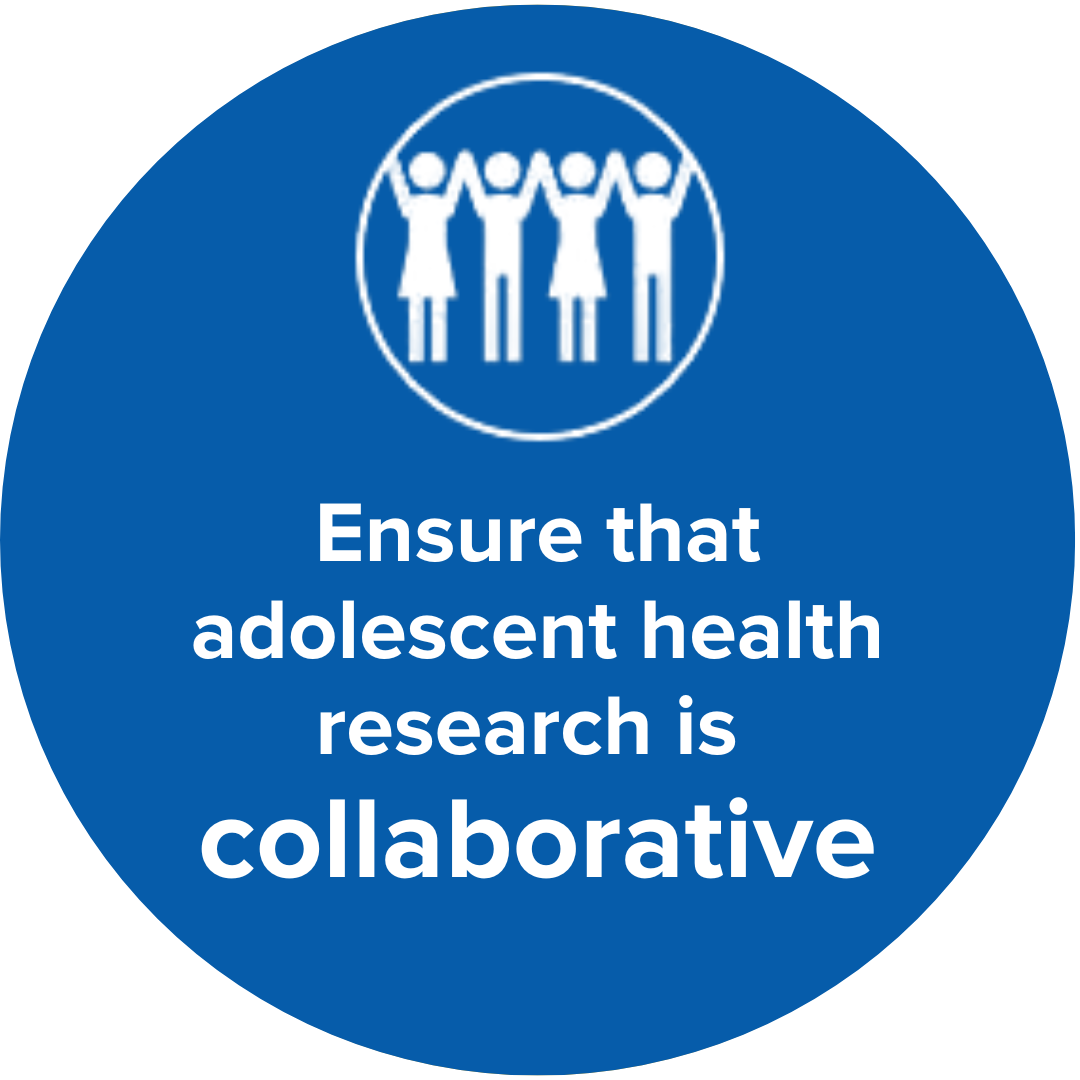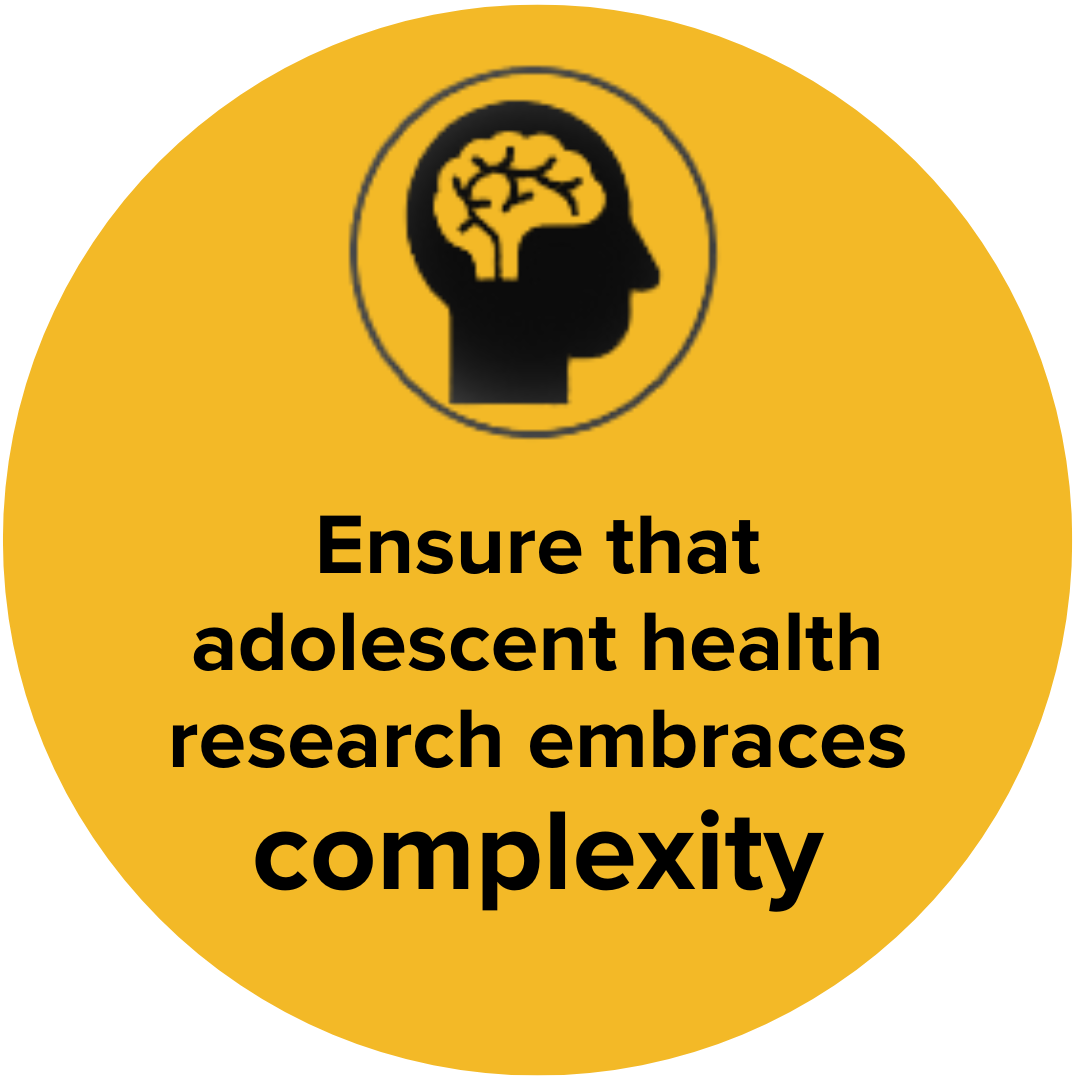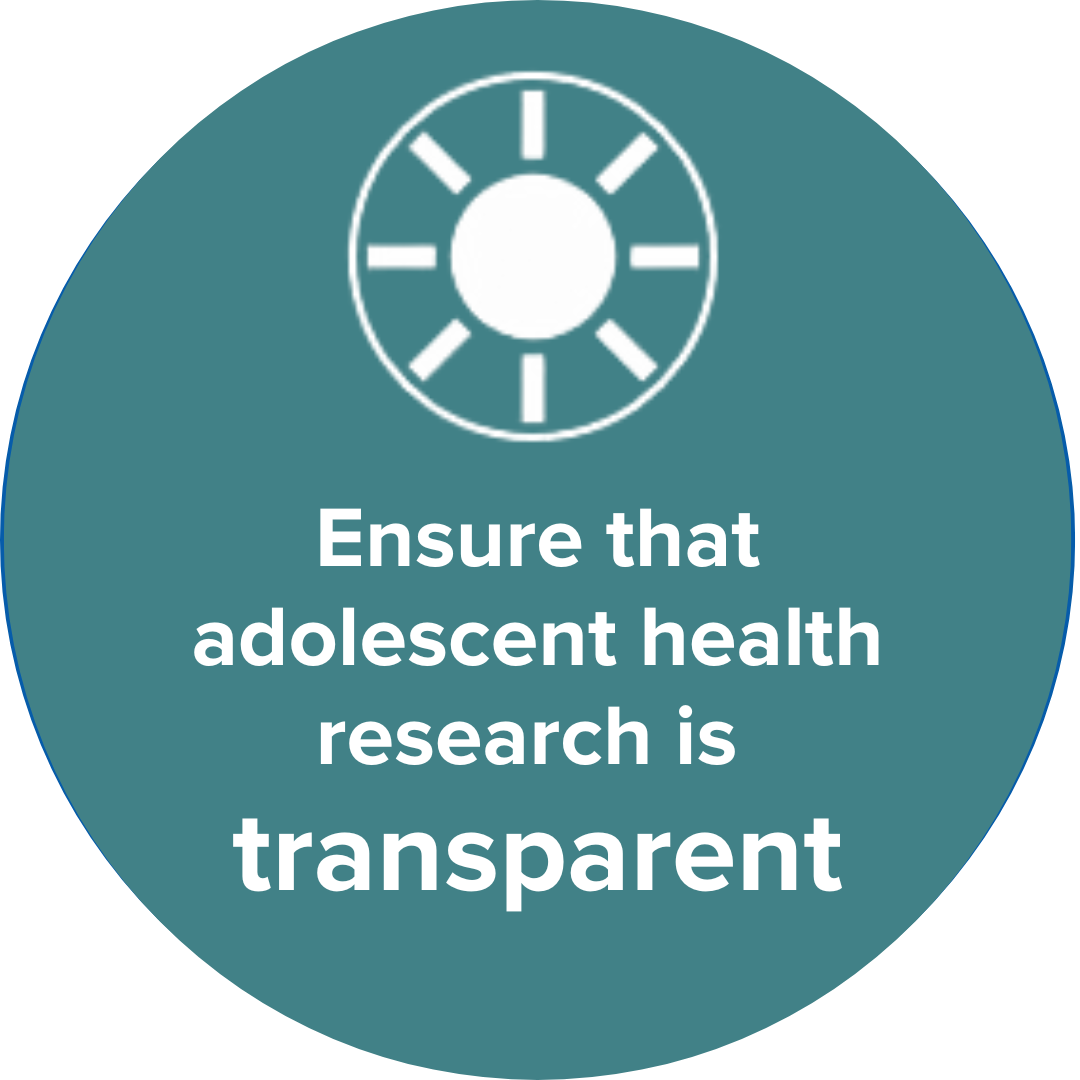Adolescence—spanning ages 10–24—is a pivotal period marked by significant biological, psychological, and social changes. During this period, young people begin transitioning into adult roles within society. Research from medicine, public health, and social sciences highlight the critical importance of fostering adolescent health, demonstrating its benefits for both current and future generations.
The Office of Population Affairs (OPA) emphasizes the critical, ongoing role of research to advance adolescent health. Research helps us understand how changes in society shape our health. It also can provide insight on how to address emerging issues like the mental health impacts of social media, substance use among youth, and other health concerns.
Prioritizing Research Approaches to Meaningfully Improve Adolescent Health is an extension of OPA’s larger call to action for adolescent health, Take Action for Adolescents™. It is based on a scan of the literature and existing adolescent health research agendas as well as discussions with researchers, youth, and practitioners. This framework guides researchers, funders, and stakeholders in refining adolescent health research processes. It identifies three key priorities:
Collaboration: Emphasizes involving adolescents, parents and caregivers, practitioners, and community members in the research process to ensure that studies are relevant and trustworthy. Collaborative approaches can improve research validity and address historical distrust, particularly in marginalized communities.
Complexity: Encourages researchers to adopt holistic frameworks that account for the multifaceted, interconnected factors influencing adolescent health. This approach fosters nuanced research questions and methods, leading to more accurate and actionable findings.
Transparency: Encourages open science practices to improve the accessibility and credibility of research. Increasing transparency through clearer dissemination of methodology, data, and results can bridge gaps between scientific findings and public understanding, countering mistrust and misinformation.
Ultimately, this framework aims to promote research that is collaborative, comprehensive, and transparent, ensuring that the findings are actionable and reflective of the wide-ranging experiences of adolescents.
Read the entire framework: Prioritizing Research Approaches to Meaningfully Improve Adolescent Health
Note: PDF content is undergoing Section 508 review and will be updated pending remediation. For immediate assistance, please contact opa@hhs.gov.
 An official website of the United States government
An official website of the United States government


